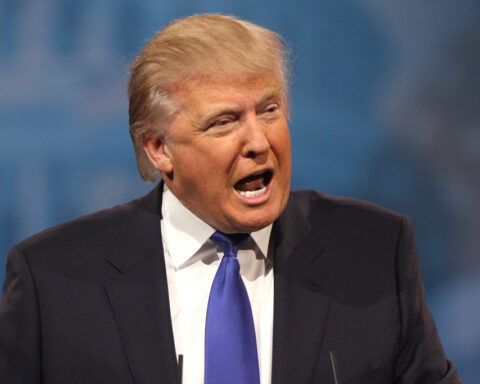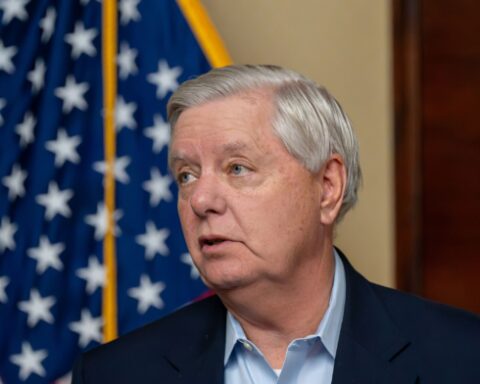In the days leading up to President Donald Trump’s summit with Chinese leader Xi Jinping, a quiet but consequential debate reportedly unfolded within the White House.
The question was whether the United States should allow Nvidia, the world’s most valuable tech company, to sell its most advanced artificial intelligence chips — known as Blackwell processors — to China.
According to current and former administration officials, Trump’s decision was clear: national security would come before corporate profits.
Despite heavy lobbying from Nvidia Chief Executive Jensen Huang, who has maintained a close relationship with the president, Trump declined to raise the issue with Xi during their October 30 meeting in Busan.
Top advisers, including Secretary of State Marco Rubio, Commerce Secretary Howard Lutnick, and U.S. Trade Representative Jamieson Greer, had warned that approving the export of Blackwell chips would effectively hand China a major technological advantage. “The sales would threaten national security,” one official said, noting that the chips would dramatically boost Beijing’s AI data-center capabilities.
Their warnings carried weight. The administration was already negotiating trade concessions with China — including Beijing’s promise to resume rare-earth exports — and Trump’s team saw no reason to give further ground. The president ultimately sided with his national security team, rejecting Nvidia’s request in what officials described as a “decisive moment” for America’s technology policy.
“President Trump listens to a variety of insights on policy matters, including from top business leaders,” White House spokesman Kush Desai said. “President Trump’s historic meeting with President Xi proves, however, that the only factor guiding his decision-making is the best interest of the American people.”
For Nvidia, the setback was significant. The company has been pushing for permission to sell its cutting-edge Blackwell chips — which are three times more powerful than their predecessors — in the Chinese market, where it has long dominated AI hardware. Huang, speaking at an Nvidia event in Washington before the Trump-Xi meeting, argued that “about half of the world’s AI researchers” are based in China and warned of losing access to that market. “I really hope President Trump will help us find a solution,” he said.
But Trump has made clear that America’s most powerful AI technology will stay in American hands. In a “60 Minutes” interview aired Sunday, he said the U.S. “would let China deal with Nvidia but not on the most advanced chips.” Later, he told reporters, “We don’t give that chip to other people.”
The summit produced modest progress on trade — Beijing agreed to resume purchases of American soybeans, and Washington lowered some tariffs — but Xi left without the chip concession he sought. For China, the failure delays its goal of achieving AI self-sufficiency.
Meanwhile, Nvidia is seeking approval to sell a scaled-down version of the Blackwell chip, potentially with 30% to 50% reduced capability. Even so, skepticism remains about the move’s legality and effectiveness. A prior export arrangement requiring Nvidia to share 15% of China revenue with the U.S. government led Beijing to block purchases altogether.
On Capitol Hill, Nvidia’s China lobbying has drawn sharp criticism. The House Select Committee on China called Huang’s remarks about the AI race “dangerously naive,” comparing them to “arguing it would not have mattered if the Soviets beat the U.S. to a nuclear weapon.”
For now, Trump’s decision underscores a broader shift in Washington’s approach to China — one in which national strength and security take precedence over corporate ambitions.
[READ MORE: Trump Denies Plans for Airstrikes in Venezuela as U.S. Pressure on Maduro Intensifies]







